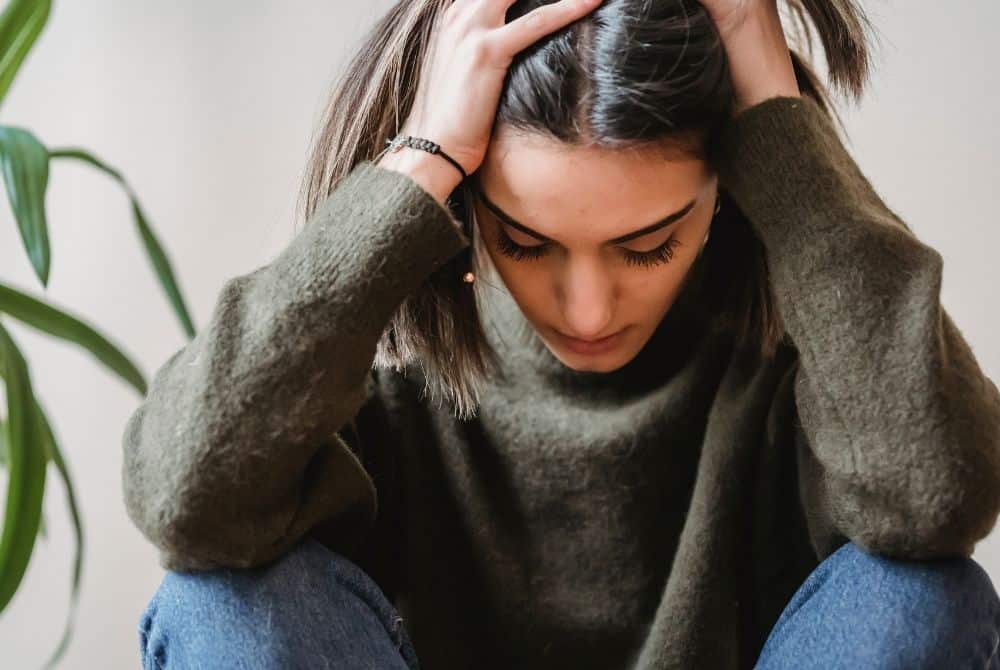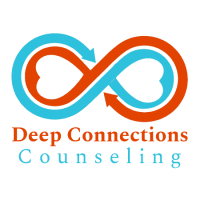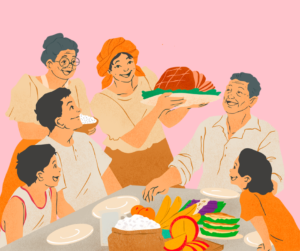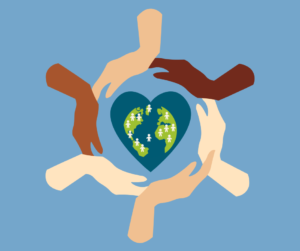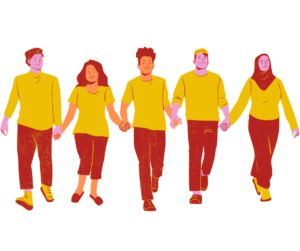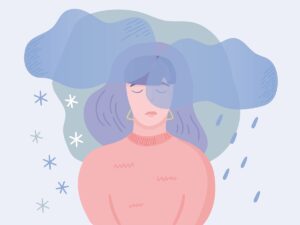Do you often self-compare to others and battle with self-doubt? Find how to overcome comparison anxiety and start believing in your own worth.
Anxiety has many causes. If you have spent any time in therapy or self-reflection, you’ve probably already identified some: Financial insecurity, future worries, perfectionism, phobias…
No matter the origin, you feel anxiety in your body in different ways, from muscle tension to shortness of breath to sleepless nights. It’s safe to say that any reduction of anxiety is welcome!
Today we’re going to focus on one particularly nefarious anxiety source for most folks – comparing yourself to others. Learn how to overcome comparison anxiety and break the negative patterns.
How to Overcome Comparison Anxiety
1. Comparison Anxiety: Hard to Avoid
The first step is to monitor when you compare yourself to other people and how that’s connected to your mood. You may want to keep notes on your phone or in a journal. Some people also have good results with a mood-tracker app like Bearable.
When you start keeping track, you may notice, “Wow, I do this a lot!” It’s very natural for humans to make comparisons. It forms part of our critical thinking abilities, which help us survive in the world.
But sometimes that tool can turn on us, especially when we use comparisons to fuel self-judgment. It takes a lot of energy to judge yourself. Simply put, it’s draining. And when you feel drained, you are much more prone to anxiety and even depression.
Luckily, we can counter this negative cycle with continued mindfulness, including this handy cognitive reframe: “I compare myself today only to myself of yesterday.”
2. Practice Boundaries with Social Media
You might also notice that your self-judgment arises on a readily available platform that you probably check every day. You guessed it – social media!
Take a look at your social media habits:
- How often do you check Instagram, Facebook, TikTok, etc.?
- When someone posts about doing well, how do you react? What physical sensations come up? How about your feelings? Your thoughts?
- When someone posts about something you wish you had already done, what are your reactions to that?
If you find yourself feeling more jealous than happy for others, you may need to set some boundaries with social media use.
Unfollow accounts that garner those envious reactions. Retain accounts that help you feel inspired. When you catch yourself thinking “I’ve achieved so much less than this influencer,” remember that they spend oodles of time curating their image online. Why would they show you the flat tire, food poisoning, or exhaustion from their photo shoot?
Make a point to spend less time on the apps in general. When was the last time you said “I had a really good day because I spent 4 hours on Instagram”?
3. Build New Habits for Contentment and Empowerment
You can glean some really helpful information from social media comparisons, though. And that’s what you actually want to do and how you want to feel while doing it.
Next time you feel anxious and realize it’s based on comparison, take one small step toward that life that feels out of reach.
- Hike on a sunny day
- Go swimming
- Get coffee with a friend
- Curl up with a good book
- Go to a show
- Cook dinner with your mom
Anxiety may not disappear when you engage more with your life instead of making mental comparisons. But it will get pushed to the back burner. And that is a worthwhile step toward the happiness that you deserve.
Individual therapy can help you with specialized tools and exercises tailored to your specific needs. They can help you manage your emotions, cope with trigger situations, and build healthier habits.
Not sure where to seek support? At Deep Connections Counseling, we offer a first free 15-minute consultation to assess your needs and make sure we’re the right fit. Schedule your first appointment here!

Kinga Gudor, PhD
Kinga is a Licensed Clinical Social Worker (LCSW) with more than 15 years of experience. She specializes in couples therapy and working with individuals from a multicultural background.

